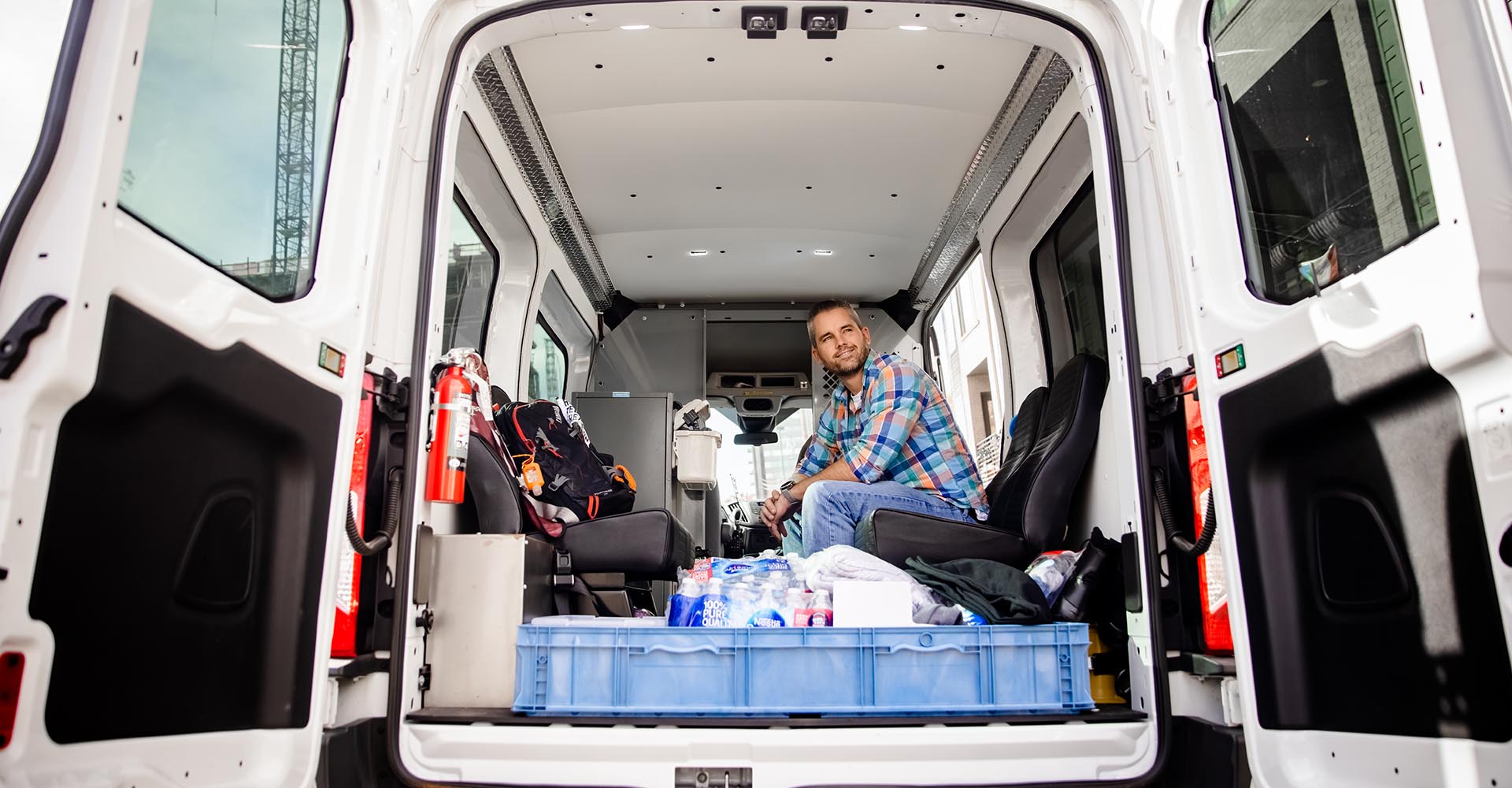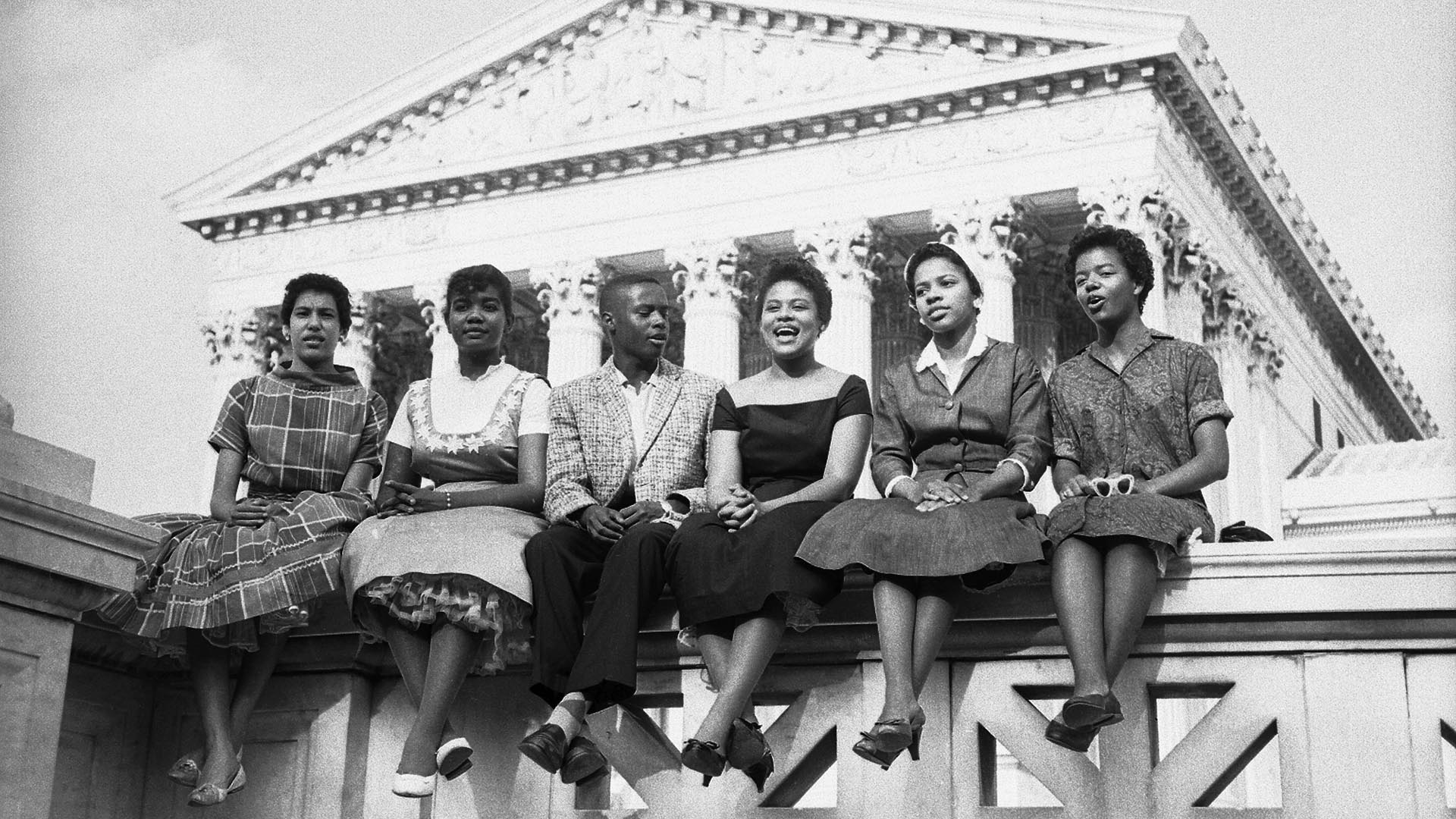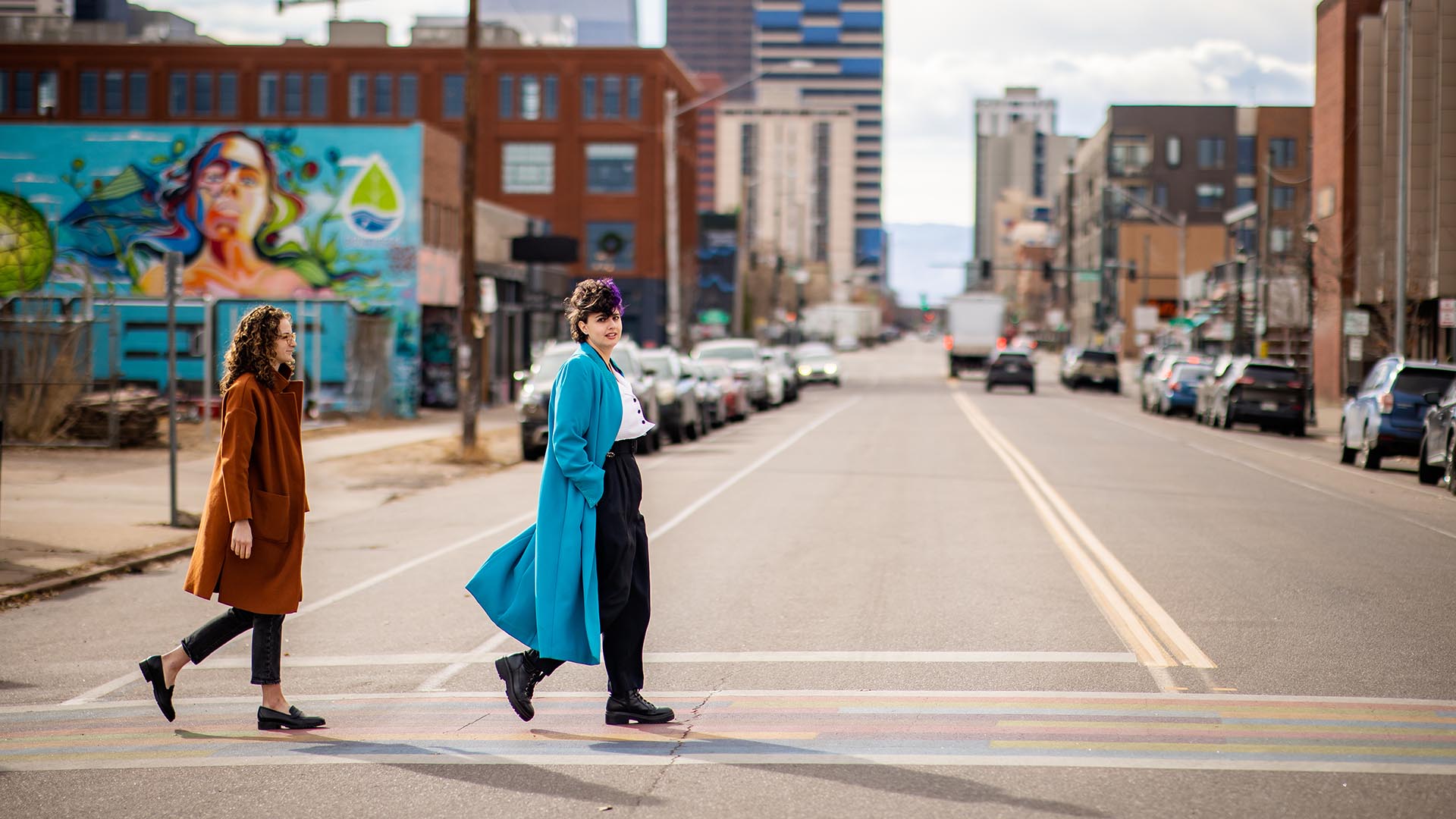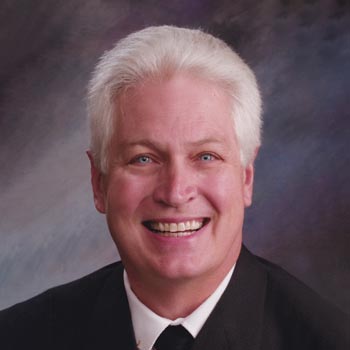STAR alternative
Here's how a new emergency response service in Denver diverts 911 calls for mental health, substance use and other public health issues away from police and toward mental health and medical professionals.

Vinnie Cervantes and Chris Richardson are reimagining the role of first responders.
The Metropolitan State University of Denver alumni last June helped launch an alternative emergency response service for mental health, substance use and other public health emergencies in Denver. Dubbed STAR (Support Team Assisted Response), the service is dispatched through the city’s 911 communications center and designed to divert such calls away from police and toward mental health and medical professionals.
“I think this program is incredibly important as we see a reinvigoration of the national conversation about police violence and creating alternatives, as well as being in the midst of a pandemic and economic crisis that will lead to increased evictions and homelessness, substance use, and mental health crises,” said Cervantes, a co-founder and organizing director of the Denver Alliance for Street Health Response (DASHR), a nonprofit dedicated to nurturing alternatives to policing and jail for crisis response.

Richardson is associate director of criminal justice services at the Mental Health Center of Denver, where he helped launch a beta version of STAR in 2016; that program paired police and MHCD clinicians to respond to 911 behavioral health calls. The STAR pilot program on Denver streets today pairs a licensed social worker from MHCD and a paramedic from Denver Health.
The addition of medical professionals is critical to improve outcomes for those in distress, said Richardson, who serves as a STAR clinician.
“We’re able to triage and plan next steps on the scene and provide connection to appropriate services,” he said.
STAR is years in the making — the result of collaboration of community organizations and service providers, including the MHCD, DASHR, the Denver Justice Project and Denver Homeless Out Loud. Their work was united under the banner of Caring for Denver, a nonprofit founded in 2018, when voters passed the Caring for Denver ballot initiative funding mental health and substance use remedies.
Though they’re both Roadrunners, Cervantes and Richardson only met in 2019 on a trip to Eugene, Oregon, to learn about a STAR precursor called Crisis Assistance Helping Out on the Streets (CAHOOTS).
Denver’s STAR program is garnering national attention as the next iteration of community-based, police-alternative response services, said Richardson. So far, it’s responding to an average of six calls per day, and that on-the-ground- experience is providing him and fellow first responders with “a ground-level understanding of what’s needed and how we can most effectively help the community,” he said, citing some examples of STAR’s recent work:
- A man’s wheelchair broke. After learning he was a veteran, STAR connected him to Veterans Affairs, which had been searching for him. He’s now housed and receiving VA benefits.
- An unresponsive man suffering from opioid withdrawals was cared for at Denver Health and the MHCD.
- An inebriated person who was transported to detox called his STAR clinician the next day for help. STAR took him to a walk-in crisis center for sobriety support.
- A man reported the theft of his wallet. A STAR paramedic noticed the victim’s hand was swollen and appeared to be infected. The man was admitted to a hospital for two weeks and treated for a life-threatening infection.
- A man reported his air conditioner was broken. STAR learned the man’s wife was bedridden and nonverbal and couldn’t communicate her discomfort. The husband was under incredible stress over her discomfort. A STAR rep contacted building maintenance, and the AC was fixed within an hour.

For Cervantes, the philosophies and models undergirding programs such as STAR and the work of nonprofit DASHR began in conversations at MSU Denver.
“As a student organizer, (it’s) where a lot of these ideas were explored and that have since influenced me in starting DASHR,” he said.
Now, his alma mater is expanding its coursework to prepare students for the evolving nature of the field-based care embodied by STAR.
Mental health practice is about meeting people with respect and dignity where they are, said Annie Butler, professor and chair of MSU Denver’s Department of Human Services and Counseling. STAR exemplifies the skill required to establish rapport in the moment to de-escalate a situation.
“Police serve an important role,” she said. “There are times when having a mental health provider along can make all of the difference, and that partnership is needed with the kinds of calls our emergency responders are seeing in Denver.”
The department is evolving to prepare students for this fieldwork because programs such as CAHOOTS and STAR are viewed as national models, Butler said.
That’s welcome news for Cervantes and Richardson.
“I’m hopeful that what we learn here in Denver can help similar programs,” Richardson said. “I’m proud of Denver. It’s progressive and has taken strides to look internally and figure out ways to best meet the needs of its citizens.”





